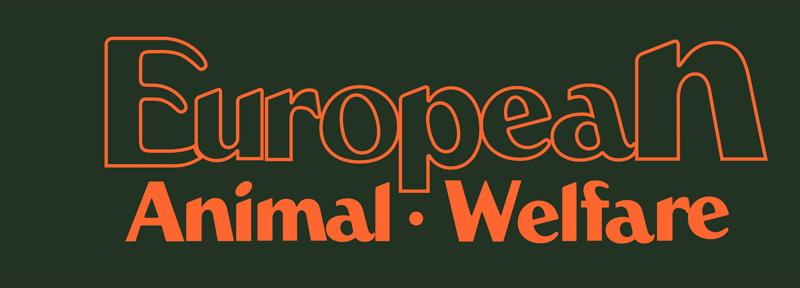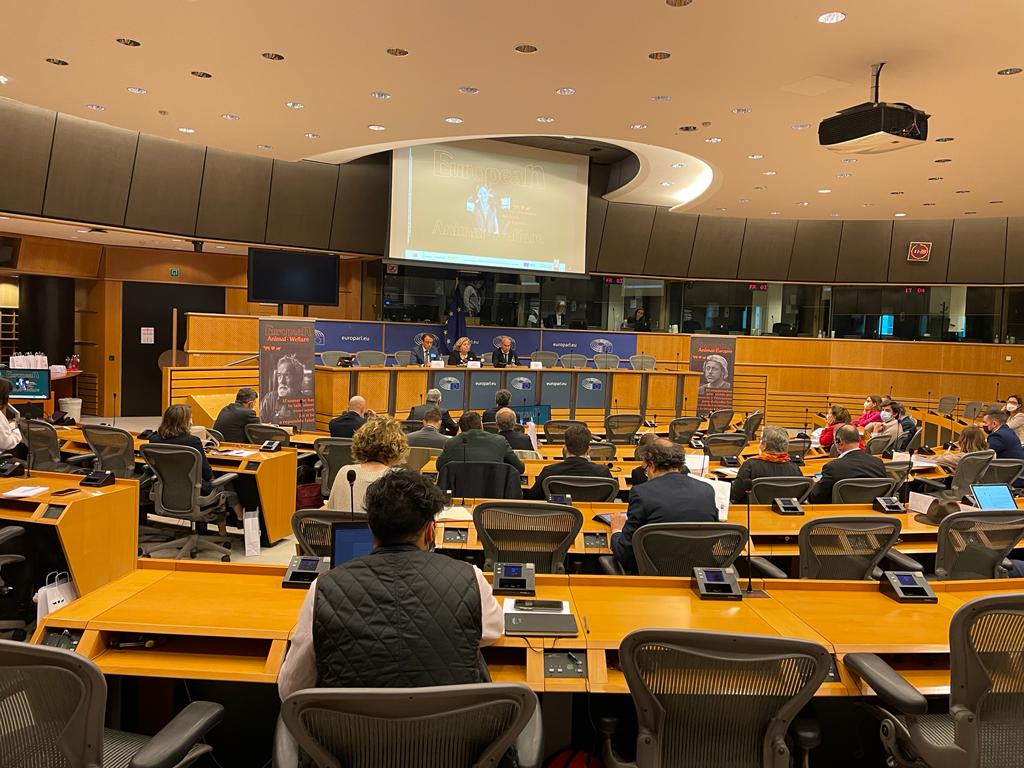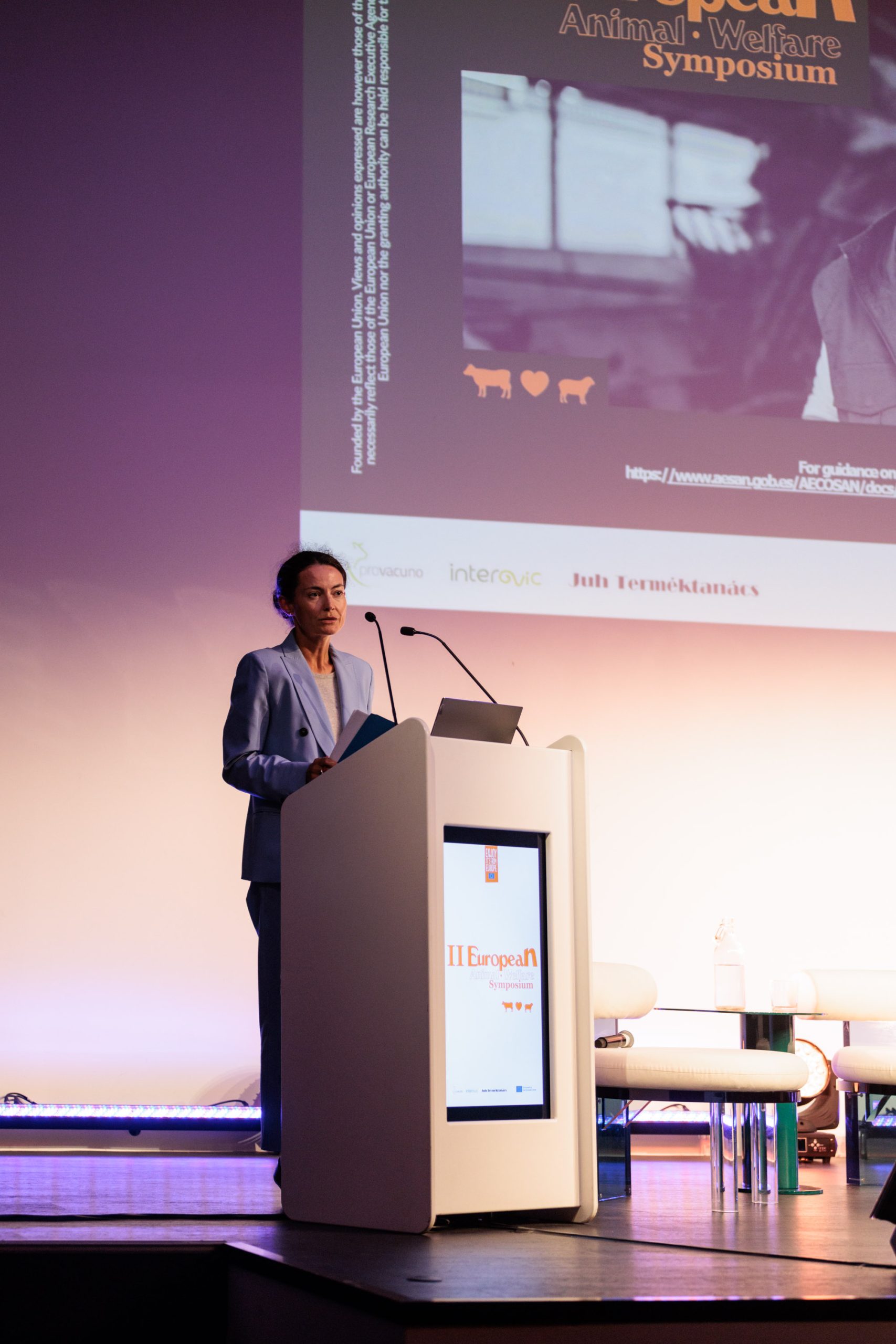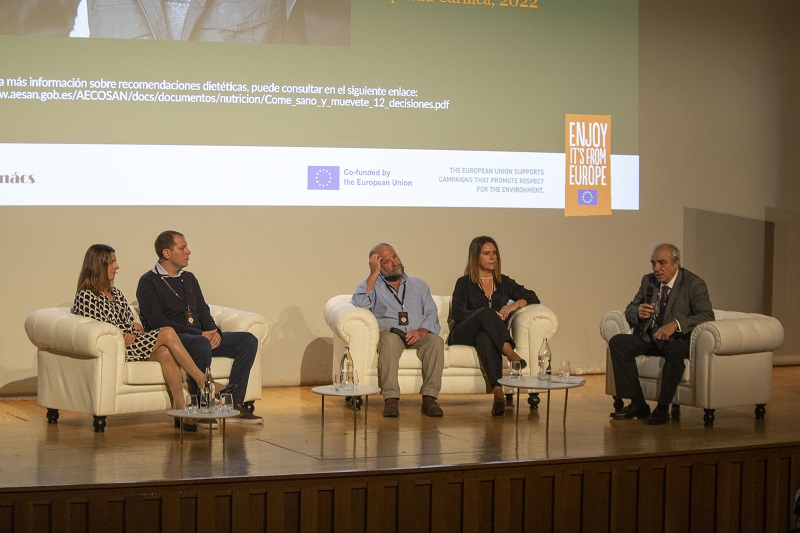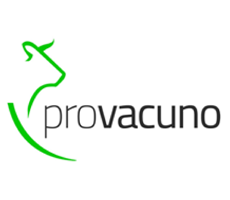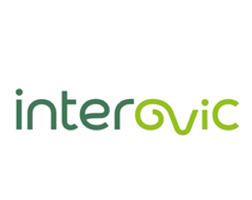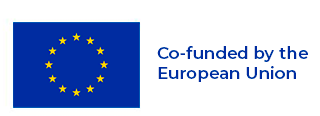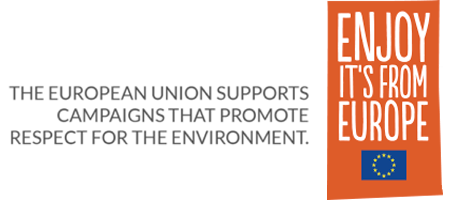- 94% of European citizens think it is important to protect the welfare of farmed animals
- 64% would like to have more information on how farm animals are treated
These are the Eurobarometer data with which the president of the Copa-Cogeca Animal Health and Welfare Working Group, Miguel Ángel Higuera, began his speech during the presentation event of the «European Animal Welfare of Ruminants» campaign that we carried out on April 27th at the European Parliament.
These are undoubtedly data that mark the importance that animal welfare has gained in the life of Europeans, becoming an important concern and a topic always present in any meeting of the Agriculture Committee of the Parliament, as also pointed out minutes before the MEP and Coordinator of the Socialist Group in the Agriculture Committee, Clara Aguilera, during her speech.
But it is not only animal welfare that is of concern. Citizens are also demanding more information, which is why the Parliament created a working subgroup to study a possible label on Animal Welfare at European level, a subgroup to which Higuera also belongs.
The conclusions of this working subgroup define that, at the level of supply and demand, any animal welfare labeling should guarantee equivalent information for all EU consumers and, in addition, should be able to guarantee transparency in the market and offer protection for those producers who apply these high animal welfare standards.
The subgroup also concludes that the objectives of animal welfare labeling must be able to respond to consumer demands for clear and reliable information, offer consumers the possibility to choose the level they are willing to pay, give commercial operators the incentives to improve their standards at their own pace, offer business operators a level playing field between welfare labeling initiatives and provide a framework for continuous improvement of animal welfare.
The animal welfare labeling subgroup concludes that voluntary labeling is preferable to mandatory labeling, especially given the limited acceptance that a mandatory label would have among Member States.
On the other hand, there is concern that voluntary labeling may offer limitations in terms of its impact on animal welfare due to the lower coverage and the risk on acceptance that a voluntary label could have.
The challenge, therefore, is great. Not only because of all the complexity about whether or not it is relevant to establish mandatory labeling, but also because the citizen himself, who is concerned about animal welfare, is not yet willing to pay more for a certified product while the majority believes that more information could have a positive influence towards animals in children and young people (Eurobarometer data).
Thus, consumers must necessarily be sensitized through substantial communication so that they truly appreciate what labeling can offer them and understand that behind this labeling, in addition to animal welfare, comes an increase in costs that must be reflected in the price.
From the Spanish and Hungarian sheep and goat interprofessionals (Interovic and JTT) and the Spanish beef interprofessional (Provacuno) we wanted to live up to the expectations of citizens and producers and therefore we have developed accreditable certificates by the National Accreditation Entity (ENAC) in animal welfare with more than 120 parameters based on scientific criteria, measurable, measurable and, therefore, which can be monitored over time.
Now it is time for citizens. With accredited certificates that fully guarantee, with scientific rigor, transparency and audited by an independent third party (ENAC), they already have full guarantees about how the foods that these certificates distinguish have been produced. Now, yes, the citizen is empowered and has the tools he was asking for to distinguish animal welfare.
